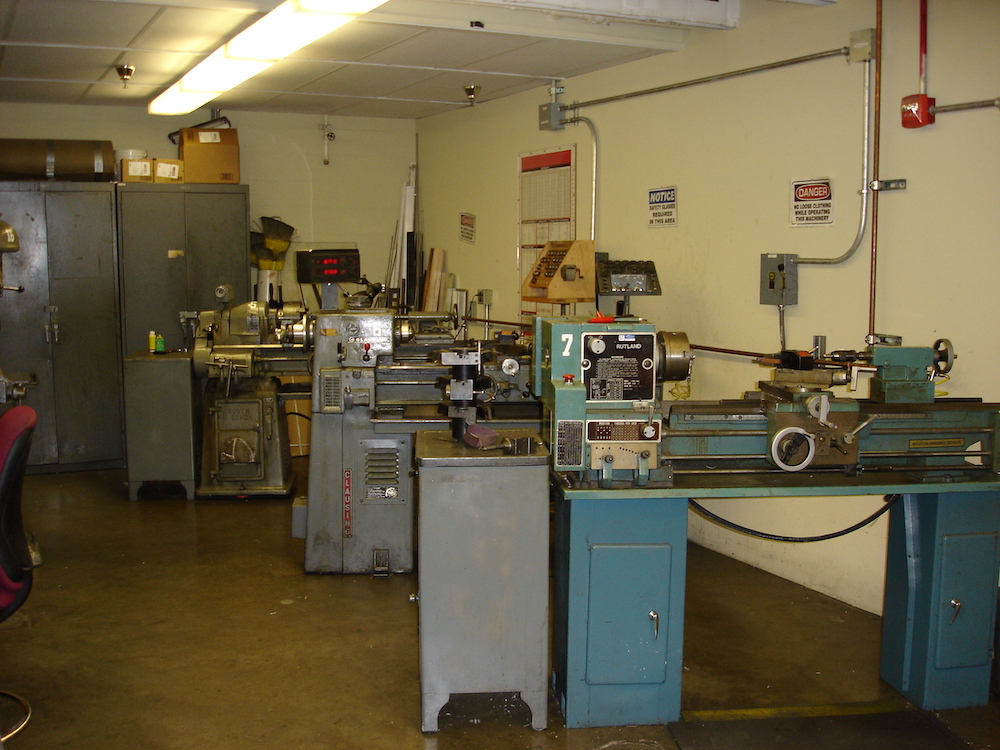Our Story
Est. 2007
Club History
2007 - 2008
The club is officially established and Rocket Project at UCLA wins 1st place at the 3rd Intercollegiate Rocket Engineering Competition (IREC) with a rocket powered by a commercial hybrid rocket engine.
2008 - 2013
In Fall 2018, the Hybrid Propulsion Experiment (HyPE) begins to develop a custom-built hybrid motor with about 6 active members in the club. At the 5th annual IREC in Spring 2010, the custom hybrid system is still in development and we launch a commercial system to 10,731 feet. The following year at the 6th Annual IREC, we launch a custom hybrid system that is not successfully recovered. The following two years, now on the third iteration of the hybrid propulsion system, we do not successfully launch at IREC. During this time, however, the club grows to 50+ members.
2013 - 2017
After a lull in successful hybrid launches using the custom system, the team reverts to a commercial hybrid propulsion system. A series of four rockets are launched at IREC including two that featured a hybrid core stage with solid motor boosters and increasingly complex fairing and motor retention systems.
2017 - 2021
In fall of 2017, the first succesful liquid engine static fire occurs as part of our newly founded liquid team, Ares. In the same year, our new-member education program RISE is founded, the hybrid rocket program is transitioned into a young member project, and our outreach program begins. The 2017-2018 school year brings 2 liquid rocket launches and a 2nd place finish of the hybrid team at IREC. All the mentioned programs remain active and are being refined and improved to this date with a total membership topping 120 members.
2021 - Present
Continued development of our liquid rocket results in the succesful launch and recovery of Phoenix which hit an altitude of 22,437 feet above ground level in March 2023, resulting in a collegiate world record and winning the FAR Dollar-Per-Foot competition one year after the failed launch of Barracuda. The club now has 150+ members across its project teams.
Core Projects
Years Strong
Team Members
Altitude Record (Feet)
Club Structure
To promote our club values of inclusivity and safety, we have established a student pathway that allows members to progress through multiple levels of rocket engineering, ensuring safety and maximizing educational potential.
RISE (ENGR 1RK)
Students learn the basics of rocket engineering in our RISE course or a similar project-based engineering course along with a series of short safety courses on the hazards of rocket engineering.
Prometheus
In our Prometheus program, students work on a relatively simple hybrid system, gaining hands-on experience and an experiential knowledge of the engineering process.
Ares
When ready, Students join our flagship liquid team, Ares. This is the most complex and hazardous project, but when a student works on the Ares rocket we can be confident that they are properly prepared and well-equiped from their time in our other programs.
Facilities
Engineering IV 14-118 Lab
- In January of 2017, a new on-campus lab space was opened for use by Rocket Project at UCLA.
- The space contains 2 mills, 2 lathes, 3 large work tables, and copious storage for hardware and hand tools.
- This lab space is simultaneously used for academic courses including our own E96 training courses, an introuctory MAE laboratory course, and the aerospace engineering senior design capstone course.

Boelter Hall Machine Shop
- This machine shop is open to all UCLA engineering students during normal business hours and is used by Rocket Project to expand our machining abilities.
- In addition to numerous manual machines, the Boelter Machine Shop houses CNC mills and a CNC lathe use to tackle our more intricate pieces such as structural bulkheads and our liquid engine injector.

UCLA Mojave Testing Facility
- A new test facility in the Mojave Desert began construction in December 2018 and is operational as of Fall 2019.
- This facility will be used for UCLA research, field coursework, and by Rocket Project to test our custom propulsion systems.
- Our first static fire test for the Phoenix rocket performed by the Ares crew occurred here in early 2023.

